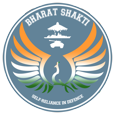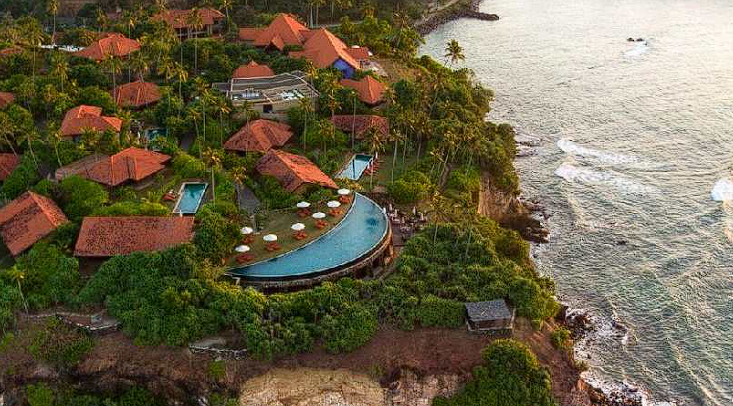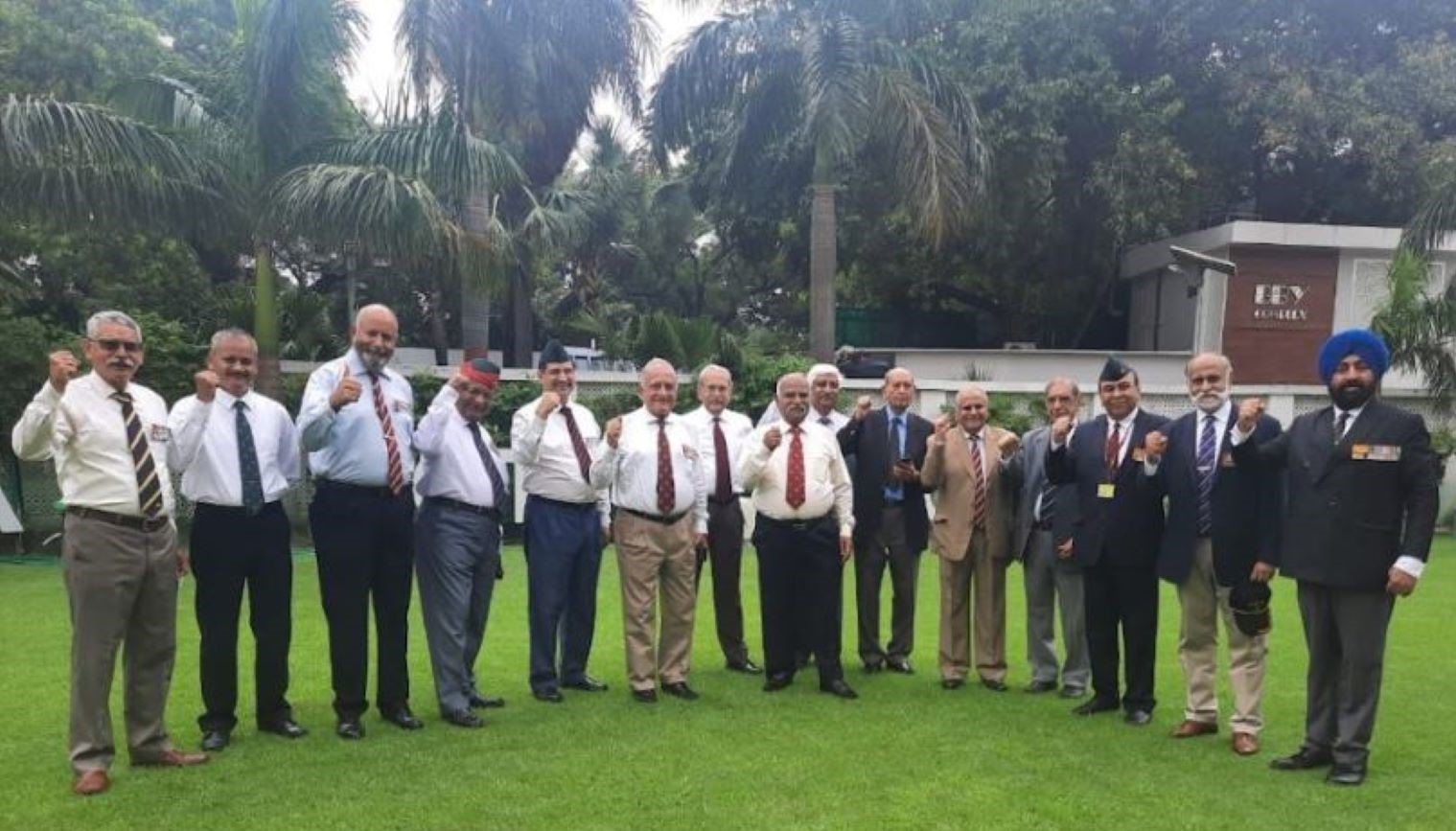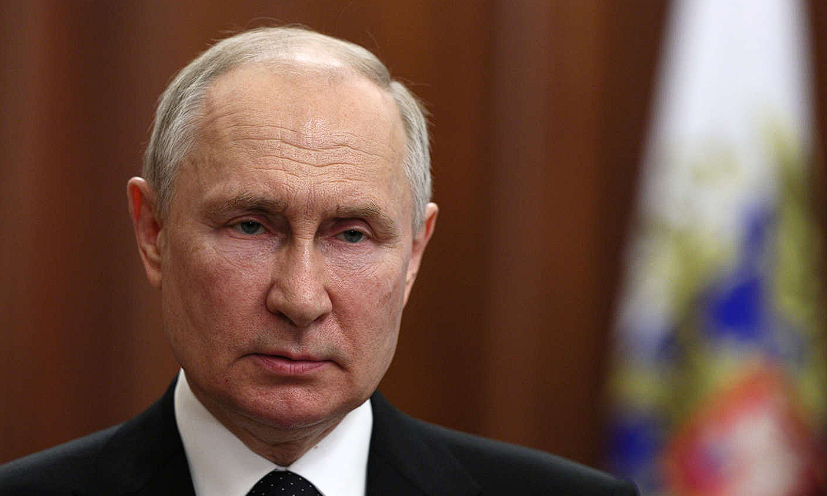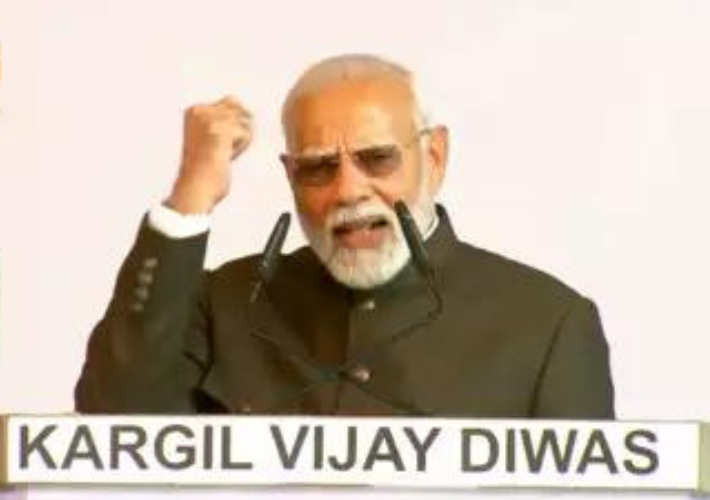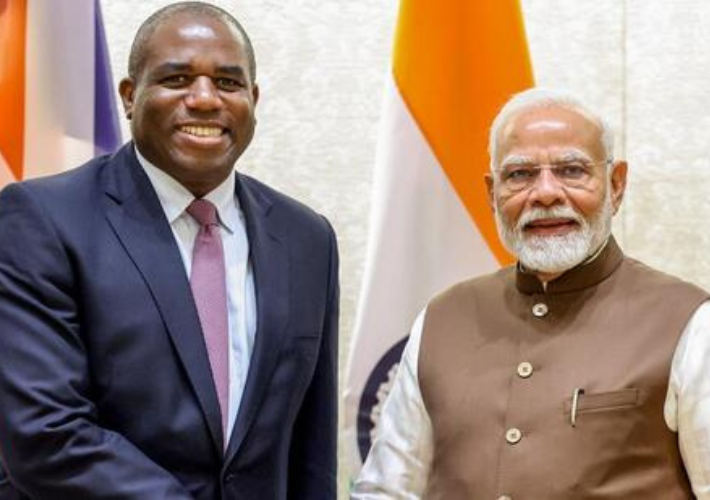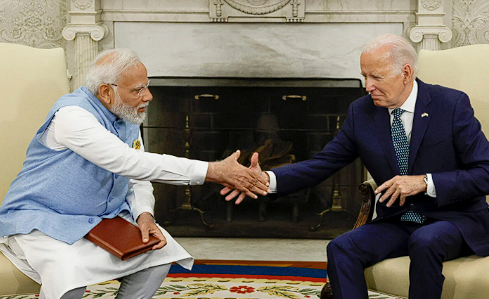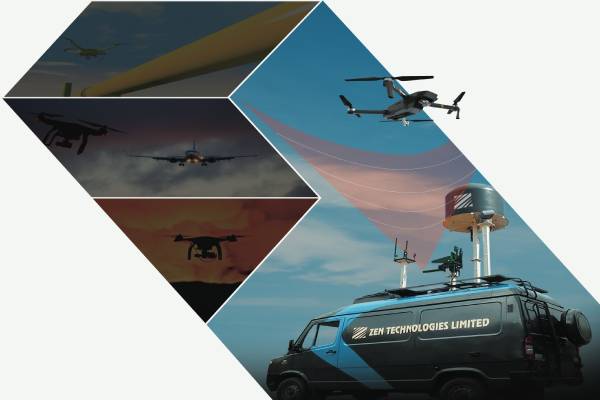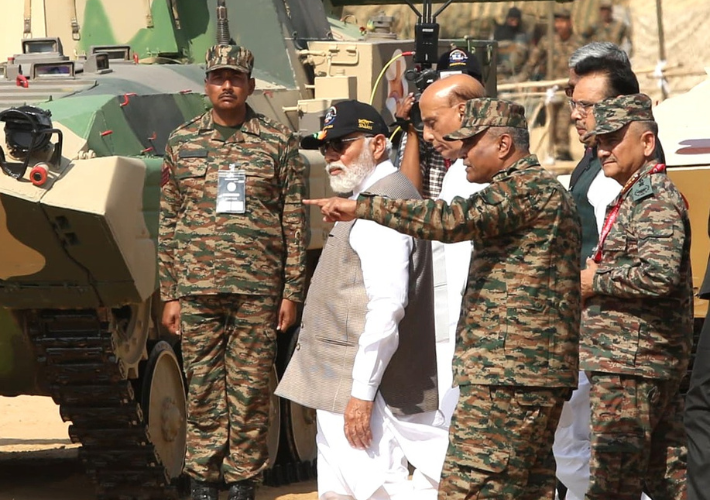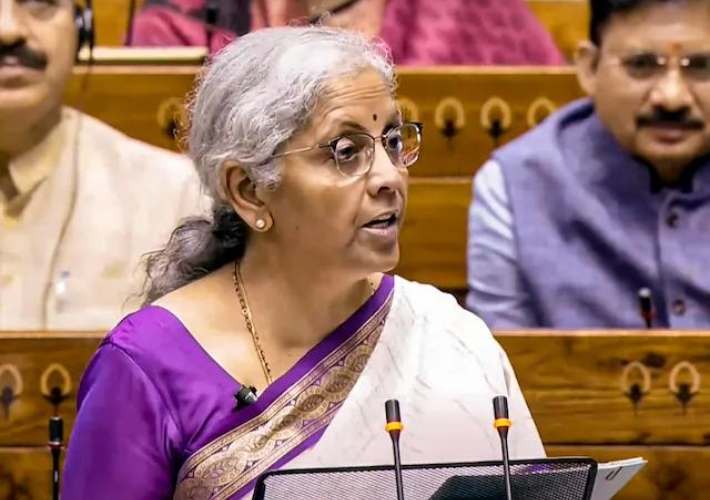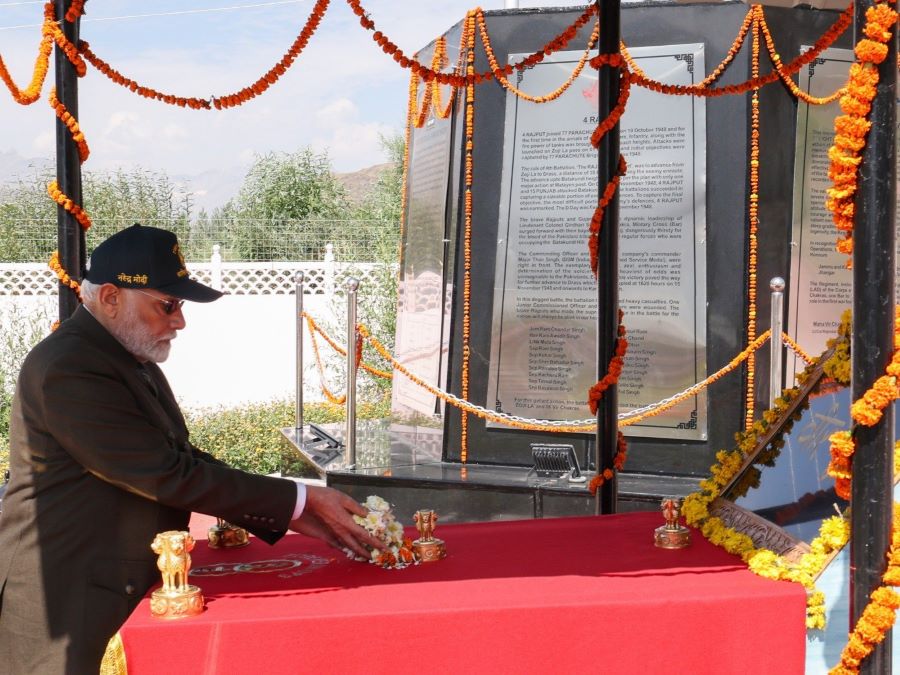‘Join the Navy and see the world’ is a Naval saying, and post commissioning in July 1986 one did expect it to be so. I was onboard Betwa for watchkeeping,when I was told to move at short notice; both onto Sri Lankan soil and to the Inshore Minesweepers (IMS). A foreign sojourn, different from what one would expect! For me, a Sub Lieutenant, just over 21 years of age, and yet to earn my spurs this was an opportunity of a lifetime.
The IMS comprised of six ships. And whilst the ships turned around at our forward base port of Tuticorin to the Naval base at Kochi, I continued, shifting from ship to ship and patrolling in the Gulf of Mannar.
Amidst all this I spent a week plus on Sri Lankan soil before the accord was signed. To a young officer, that time ashore was a job to do, reporting of activities, eating plenty of fish and prawns and being well looked after by the villagers. My seniors thought that a Malayalee or Tamilian officer would merge well with the locals, which was perhaps a rational expectation. But the fact is that when I did try speaking Tamil, the person I was addressing would tell me ‘Not to murder Tamil and to speak in Malayalam’. So much for my tact and blending, but the people were all friendly and took great care of me, interacting freely and positively.
The IMS were small GRP ships and if the sea conditions worsened, it was tough. Originally manned by just two officers, me and one engineer officer were the extra officers to the 20 plus crew. Thinly manned, it was easy to quickly establish rapport with the men. The Gulf of Mannar is generally choppy, being a confluence, and for small ships it was definitely challenging, not just the rolling and pitching but also the limited space. Tough conditions teach us more, helps us respond better to situations reminding us of the adage ‘when the going gets tough, the tough get going’.
Investigating boats was a difficult task, too. One can only imagine the dangers if the boats we investigated decided to make it difficult, and worse if the boats were armed. The IMS only had the smaller 2M 3M guns on board as its main armament, and small arms. We experienced some interesting challenges towards the later stages and also post Operation Pawan. These were the initial days and it was still peacekeeping.
One intriguing incident was encountering a whale and her calf. Seeing the spouts, we closed them, guessing them to be a sperm whale and her calf. There were a few more spouts further out but we decided to take a closer look on the two that were near. I manoeuvred the ship close and announced for the ships company to come out and have a look. As we took the first turn for a second look, we saw the mother whale jump out of the water. These mammals were bigger than the GRP ship. My CO tapped me; told me to clear the area. We did that. One knock by this beautiful mammal and we would have been smithereens. We could not take a shot on any camera, but my eyes have captured the vision for an eternity ‘that of a whale jumping out of the water, its whole body breaking clear out of the water’. One would not imagine that such a gigantic creature could break clear of the water. The mother must have felt threatened, for me it was an unique experience.
There are many such non-Pawan anecdotes too. Ashore at Tuticorin was largely preparation for sorties; keeping track of the developing situation. The radio played a huge role including the then Binaca Geet Mala, plenty of in-house activities, cricket and volleyball, and occasional forays into town. The interactions led to having cricket and volleyball matches with local teams when in harbour. The score lines and match figures in cricket would have entered record books. Bowling figures of 1 run for 5 wickets were achievable on the dusty tracks. Volleyball was always a great leveller for it offered opportunity for those not very athletic too.
I managed a unique distinction, the privilege of being in command of INS Magdala for a week, and this without even having acquired my watchkeeping ticket. Our sorties largely were patrolling the seas, investigating boats and making a regular report of all that happened. The opportunity to handle ships, face uncommon situations and taking decisions all helped in the learning.
Post watchkeeping from Betwa, I was made Navigating Officer Cheetah. This pinned new responsibilities, more so as we were among the LSTs that carried men and material from Chennai to both Kanakesanturai and Trincomalee; besides patrolling duties. Our movements up and down were so frequent that one could glance out and pin our location without any navigational aid. The KKS express or Trinco express were some of the names that stuck on Cheetah.
The experiences and memories are vivid. I recall seeing Mr Prabhakaran in one of the camps. To a young Lieutenant focused on his job, it did not weigh much, then. Often people forget that it was IPKF, an Indian Peace Keeping Force, and as such. all personnel mingled freely in those initial days, be it the Indian Armed Forces, the LTTE, EPRLF, PLOTE, TELO or other agencies. Opinions and perceptions vary on how and why it took a different turn, depending on which version one is reading. And the truth, I am sure, is somewhere in between.
A topic oft discussed is whether we erred in sending IPKF to Sri Lanka. I don’t think we as a nation had a choice. One needs to step back and take a wider perspective. It was our (India’s) neighbourhood and whether we liked it or not we were involved in more ways than one and if we did not probably undertake the peace keeping, someone else would have. There were definitely others waiting for the opportunity. IPKF was a big decision for India then and I would dare say it was correct. One can comment on how we handled it thereafter and there again perception and opinions vary.
Operation Pawan for me rekindles vivid memories of standing on the bridge of a small ship in the high seas, setting foot on foreign soil in hostile conditions, undertaking operational beachings, ferrying men and material in a war like scenario, interacting with friends and seniors from the Army and personnel from other agencies including the LTTE, EPRLF etc, and so many experiences to share.
Cmde N Anil Jose Joseph VSM I.N Retd
Veteran, IPKF Sri Lanka

